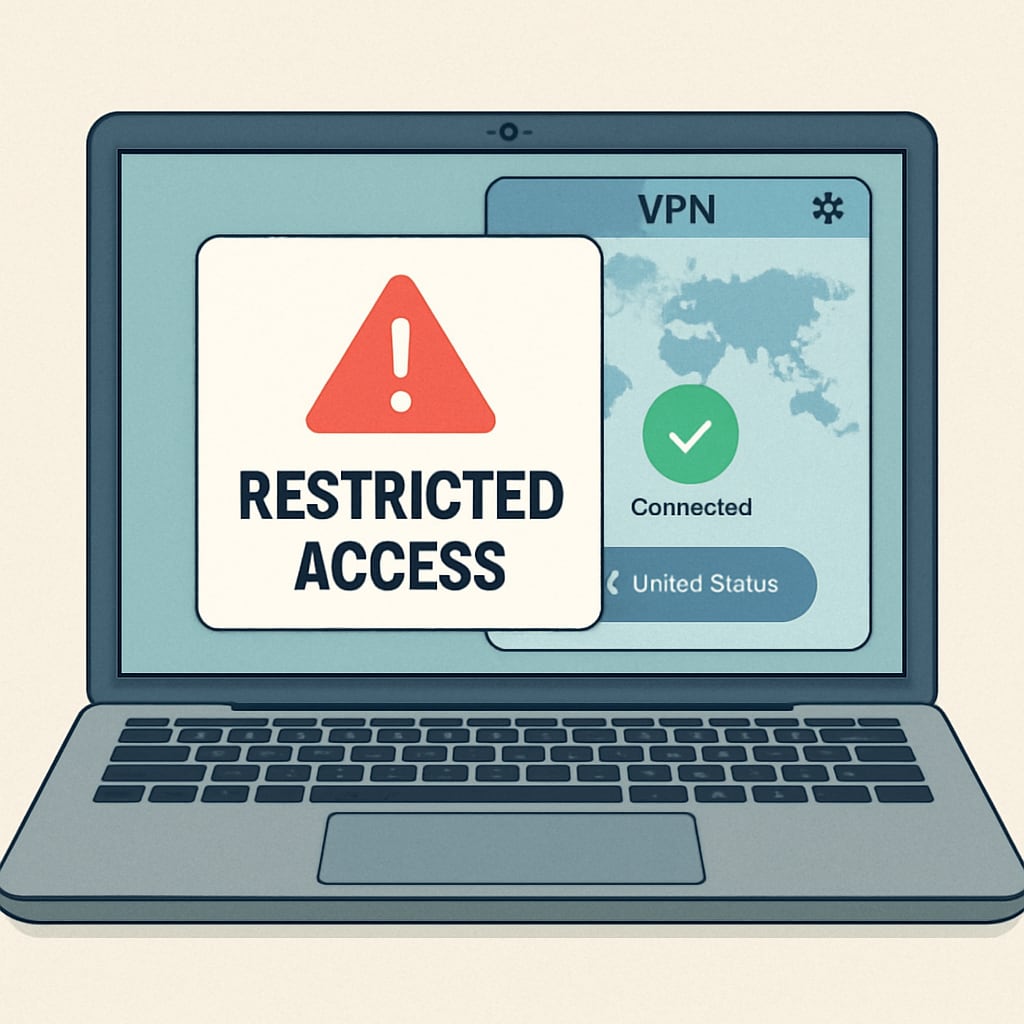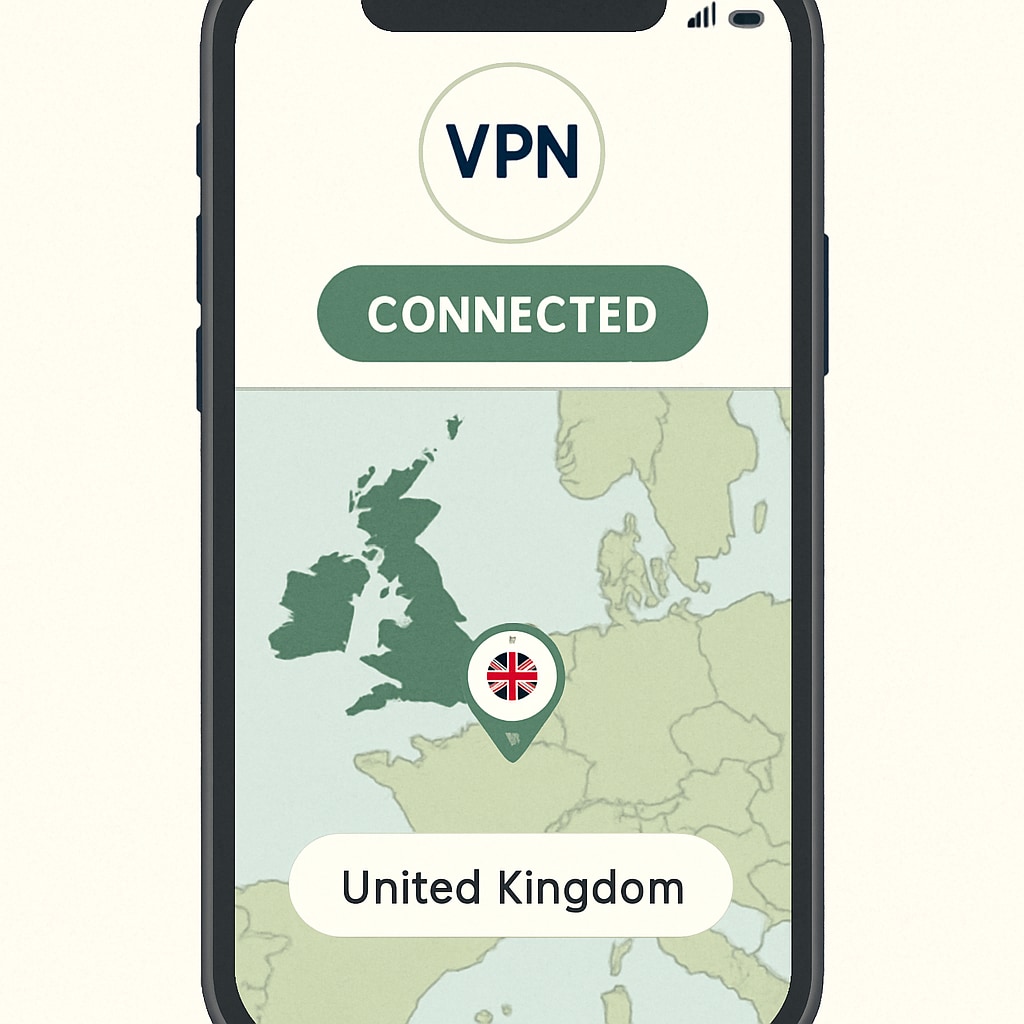The implementation of strict age verification laws in the UK has significantly impacted internet users, with many turning to Virtual Private Networks (VPNs) as a workaround. These regulations, designed to restrict access to online content based on age, have inadvertently fueled concerns about privacy and accessibility. As a result, VPN usage has seen a meteoric rise, raising questions about the effectiveness and implications of such measures.
Understanding the UK’s Age Verification Laws
In an effort to protect minors from accessing inappropriate content online, the UK government introduced age verification laws targeting adult websites and other restricted platforms. These regulations require users to verify their age through official documentation, such as passports or driver’s licenses, before accessing certain content.
While the intent behind these laws is commendable, their implementation has sparked controversy. Critics argue that such measures compromise user privacy, as sensitive personal data is often stored by third-party verification services. In addition, users have expressed concerns about potential data breaches and misuse of their information.

Why VPN Usage Has Skyrocketed
Faced with these concerns, many UK internet users have turned to VPNs as a solution. A VPN (Virtual Private Network) allows individuals to browse the internet anonymously by masking their IP addresses and encrypting their data. This gives users the ability to appear as though they are accessing the internet from a different country, effectively bypassing regional restrictions.
The surge in VPN usage can be attributed to several factors:
- Privacy Protection: VPNs offer an added layer of security, ensuring that personal data remains private.
- Access to Restricted Content: By circumventing geographic restrictions, users can access content that may otherwise be blocked under the new laws.
- Ease of Use: VPN services are widely available and user-friendly, making them a popular choice for those seeking to navigate the new regulations.

The Broader Impact of Age Verification and VPNs
The rise in VPN usage has broader implications for both regulators and users. On one hand, it highlights the challenges governments face in enforcing digital policies without infringing on privacy. On the other hand, it underscores the growing demand for tools that empower users to maintain control over their online experience.
For regulators, the widespread adoption of VPNs presents a significant challenge. It becomes increasingly difficult to enforce age verification laws when users can easily bypass them. This has led to calls for more comprehensive and privacy-conscious approaches to internet regulation.
For users, the reliance on VPNs reflects broader concerns about digital freedom and privacy. Many individuals view these tools as essential in an era of increasing surveillance and data collection.
Looking Ahead: The Future of Online Regulation
The debate surrounding age verification laws and VPNs is unlikely to subside anytime soon. As governments worldwide grapple with similar challenges, the UK’s experience serves as a case study in balancing regulation with individual rights.
Moving forward, it will be crucial for policymakers to consider the unintended consequences of their actions. By prioritizing transparency, data security, and user privacy, governments can work toward solutions that protect minors without alienating the broader online community.
Ultimately, the rise of VPN usage in response to age verification laws underscores a fundamental truth: internet users value their privacy and will seek out tools to protect it, even in the face of regulatory barriers.
Readability guidance: This article uses accessible language, short paragraphs, and lists to enhance readability. Transition words have been incorporated throughout to ensure smooth flow and clarity.


